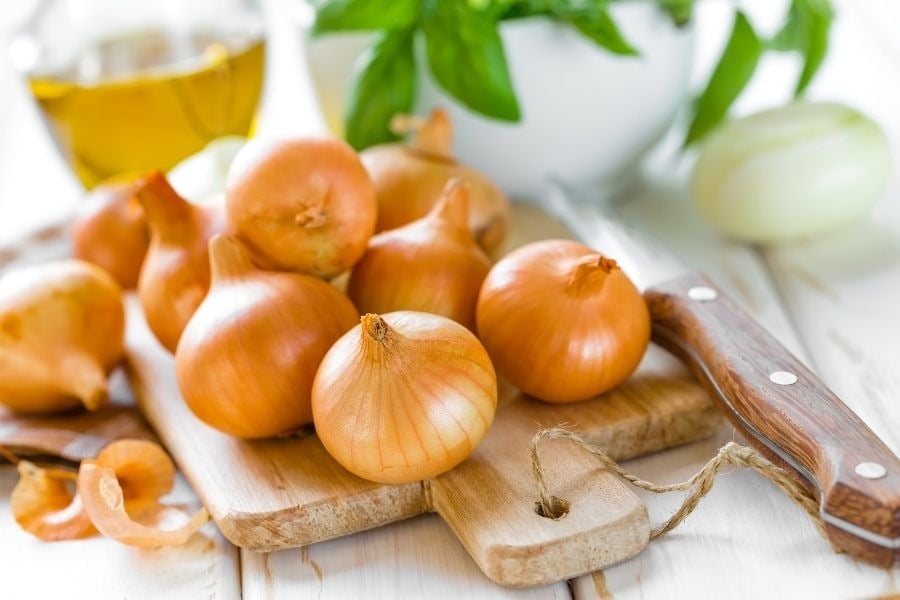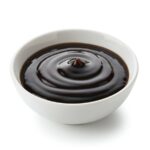Onion Storage Tips: Keeping Your Onions Fresh and Crisp
According to food expert Melissa Alink, author of Little House Living, whole onions quickly absorb moisture when stored in a cold environment, causing them to become soft and prone to rotting. She advises, “Whole onions should not be stored in the refrigerator. Low temperatures cause the starch in onions to convert to sugar, making them soft and prone to spoilage.”
Experts recommend storing onions in a dark, dry, and well-ventilated area like a kitchen cabinet or drawer. Avoid areas with high temperatures that may induce sprouting. Additionally, avoid storing onions in plastic bags as they trap moisture and accelerate decay. Instead, opt for mesh bags, old nylon stockings, wire baskets, or containers with ventilation holes.

Iowa State University also suggests that if using nylon stockings for storage, place each onion into the leg of the stocking, tie a knot between them, and hang them up to enhance air circulation, prolonging their shelf life.
Biologically, onions, like many other vegetables, continue the respiration process after harvest. In cold environments, onions convert starch to sugar for energy, resulting in softening. Conversely, at high temperatures, onions consume sugar to sprout, reducing sweetness and increasing bitterness.
For cut, chopped, or cooked onions, refrigeration is necessary. Wrap them tightly with plastic cling film or place them in airtight containers to limit exposure to ethylene, a natural gas that accelerates ripening.
Alink warns, “Cut or cooked onions should not be left out at room temperature as they will quickly deteriorate. It’s best to wrap them tightly and refrigerate for up to two weeks.”
These simple storage tips can help your family reduce food waste and maintain the freshness and longevity of onions.
“Two Spices You’re Probably Not Storing Correctly”
The spices in your kitchen are a diverse bunch, each with unique personalities and preferences. To keep them happy and fresh, you need to cater to their individual needs. While some spices thrive in the cool climes of your refrigerator, others prefer the warmth of your spice rack. It’s a delicate balance, but with the right care, your spices will sing in harmony, adding a burst of flavor to your culinary creations.



































